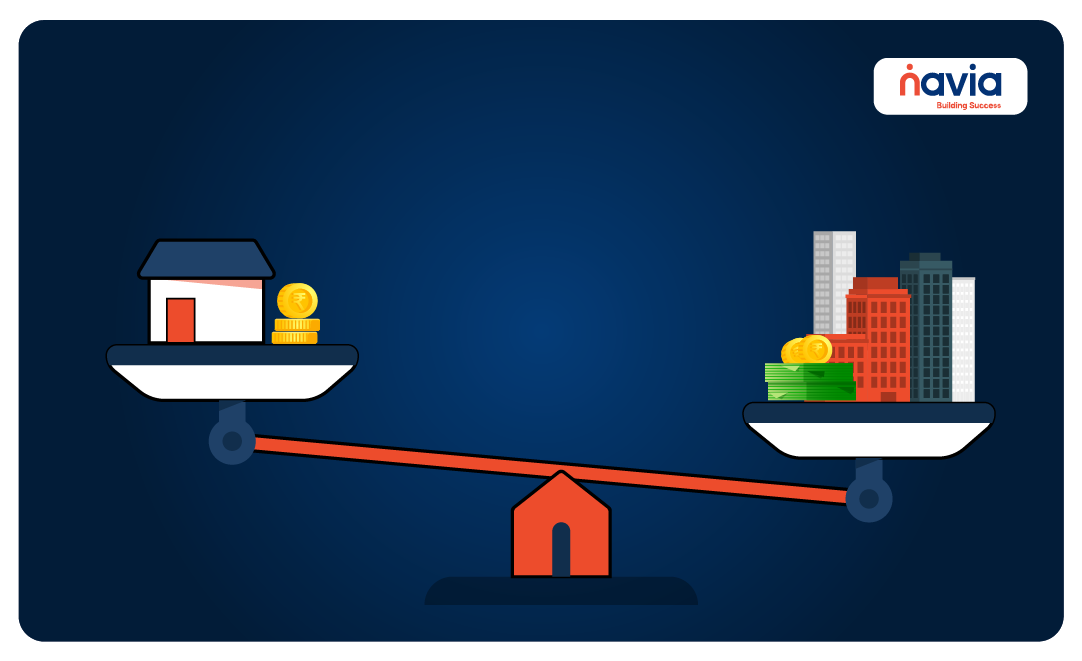Revolutionizing Indian Securities Markets: Exploring T+0 and Instant Settlement Cycles

Introduction:
The Indian securities market has undergone remarkable growth in recent years, both in terms of volumes and participants. To keep pace with these changes and prioritize efficiency and safety, SEBI (Securities and Exchange Board of India) is considering the introduction of optional T+0 and optional Instant Settlement cycles alongside the existing T+1 settlement cycle in the equity cash segment. This revolutionary step aims to enhance operational efficiency, mitigate risks, and boost investor confidence.
Objective:
The primary goal of this consultation paper is to gather insights and opinions from stakeholders and the public on the proposed introduction of T+0 and Instant Settlement options. SEBI acknowledges the evolving landscape of payment systems and technological advancements, recognizing opportunities for advancing clearing and settlement timelines on an optional basis.
Background:
The growth in market participation necessitates a focus on making markets more efficient and secure, particularly for retail investors.
SEBI has a history of adapting settlement cycles to changing times, with the introduction of T+1 settlement in 2021.
The evolution of payment systems, coupled with robust technologies, offers opportunities to explore shorter settlement cycles on an optional basis.
The efficiency of the Indian Banking System in providing real-time fund transfers and the widespread use of UPI (Unified Payments Interface) create a conducive environment for instant settlement in the equity cash segment.
Features of T+0 and Instant Settlement:
The proposed mechanism envisions several features to enhance the current settlement process:
Instant Receipt of Funds and Securities: T+0 settlement allows for immediate receipt of funds and securities compared to the existing T+1 settlement cycle.
Elimination of Settlement Shortages: Both funds and securities must be available before placing an order, reducing the risk of settlement shortages.
Investor Protection: Funds and securities are credited directly into clients’ accounts, enhancing investor control and protection.
Benefits of the Proposed Mechanism:
For Clients:
Flexibility in faster payout of funds against securities for sellers and vice versa.
Better control over funds and securities.
For Securities Market Ecosystem:
Shorter settlement cycles free up capital, enhancing overall market efficiency.
Improved risk management for Clearing Corporations (CCs) as trades are backed by upfront funds and securities.
Potential Concerns and Mitigation Strategies:
Liquidity Fragmentation: Participants bridging gaps between T+0 and T+1 markets can mitigate liquidity fragmentation.
Increased Trading Costs: Mitigated by existing early pay-in practices for delivery-based trades.
Divergence in Security Prices: Addressed through the introduction of price bands and increased participation.
Consultation with Stakeholders:
SEBI has engaged with various stakeholders, including Stock Exchanges, Depositories, Clearing Corporations, and stockbrokers. A Working Group has been formed to examine the feasibility of introducing shorter settlement cycles in two phases: T+0 Settlement Cycle and Instant Settlement Cycle.
Annexure – A: Basic Propositions
The proposal suggests implementation in two phases:
Phase 1: Optional T+0 Settlement
Eligible Investors: All clients (excluding custodian clients).
Eligible Securities: Top 500 listed equity shares based on market capitalization.
Trading: Up to 1:30 PM, with a +100 basis points price band.
Risk Management: Post-trade basis, with UPI blocks and proprietary collateral validation.
Phase 2: Optional Instant Settlement
Eligible Investors: All clients, including custodian clients.
Eligible Securities: Same as Phase 1.
Trading: 09:15 AM to 03:30 PM, allowing only limit orders.
Risk Management: API-based interface for real-time intimation and prefunding validation.
The consultation paper marks a significant step towards further modernizing and optimizing Indian securities markets.
As SEBI seeks input from stakeholders and the public, the proposed optional T+0 and Instant Settlement cycles aim to usher in a new era of efficiency, lower costs, and increased investor confidence.
To read the SEBI Circular :
Note: Public comments are invited until January 12, 2024.






